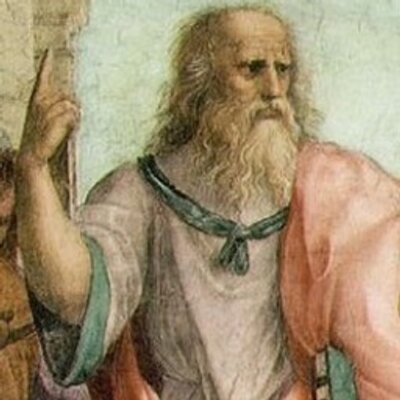In today’s First Reading, the beginning of the book of Ecclesiastes, its author, Qoheleth, begins a survey of his experiences and his perceptions in an attempt to answer the question of life’s meaning. Ecclesiastes is part of the wisdom literature of the Old Testament, so it is eminently philosophical, and one of the most central questions of philosophy is the meaning of life. I society today the thought of considering the meaning of life is the butt of many jokes, but it is a question every person should ask.
In today’s First Reading Qoheleth is just beginning his inquiry, and the results so far are not encouraging. When he considers the things of this world, the natural things, the human things, and the course of history, he finds a monotony and ultimate lack of novelty that makes him question their significance. This is only a source of discouragement if we forget that this world does not have the last word in the question of life’s meaning; with the Lord, we know there is something beyond this world that gives it meaning, but Qoheleth is not there yet.
Herod in today’s Gospel is also trying to measure up Our Lord using his narrow-minded experiences and perceptions, but doesn’t have the faith or the wisdom to see that with Jesus something truly new has come into the world. Let’s ask the Holy Spirit to help our faith and our reason seek and find life’s meaning in Christ.
Readings: Ecclesiastes 1:2–11; Psalm 90:3–6, 12–14, 17bc; Luke 9:7–9. See also 4th Week in Ordinary Time, Friday, 25th Week in Ordinary Time, Thursday, and 17th Week in Ordinary Time, Saturday.



